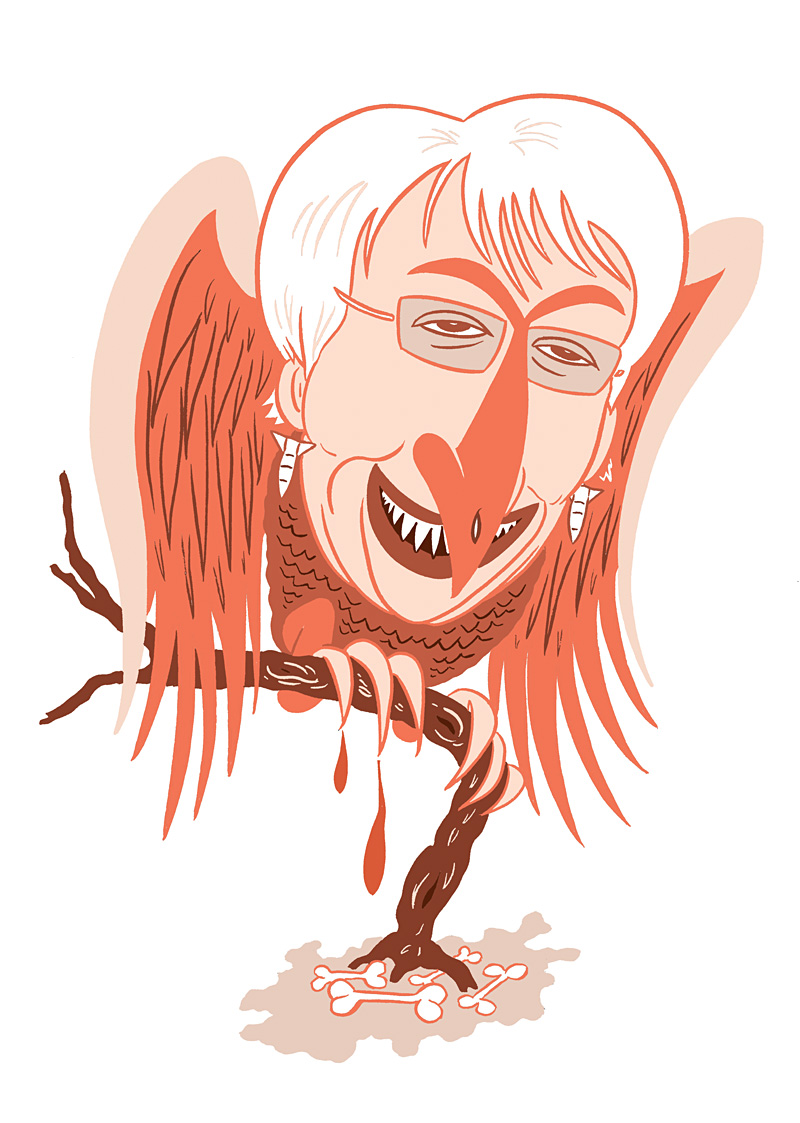Back in October 2002, the country was still reeling from the Sept. 11 attacks. With the U.S. high on patriotism, fear, and Colin Powell’s insistence that weapons of mass destruction were hiding in Iraq, most U.S. Senators voted for a resolution giving then–President Bush authority to declare war.
Not Patty Murray. She was one of 23 senators who rolled the political dice and voted nay. As the war dragged on and the mission continued unaccomplished, Murray and her colleagues have been cast at the least as prescient and at times heroic.
But this time around, that group of senators is splintering: Murray is one of four who have declared their support for the President’s plan to send thousands more men and women to fight, this time in Afghanistan.
Last week, Barack Obama called for bolstering the forces there by 30,000. Unlike his predecessor, he put those committed forces on a timetable, saying he will begin withdrawing them at the end of next summer and have all combat troops out by the end of 2011.
Following the President’s address, Murray said she had concerns about the costs in both dollars and potential lives, but “the President made a compelling and responsible case for redoubling the fight against terrorism in Afghanistan in order to protect the American people and bring our troops home.”
She is joined by Daniel Akaka, D-Hawaii; Daniel Inouye, D-Hawaii; and Jack Reed, D-R.I.
It would of course have been impossible to hold the coalition together completely. Seven of those 23 senators have vacated their seats through retirement or death, and Lincoln Chafee, R-R.I., lost his 2006 re-election bid. Another four haven’t issued a statement.
Of the remaining seven who didn’t sign on with immediate support, four remain ambivalent and three are directly opposed—including Russ Feingold, D-Wis., who called Obama’s plan “an expensive gamble to undertake armed nation-building on behalf of a corrupt government of questionable legitimacy.”







